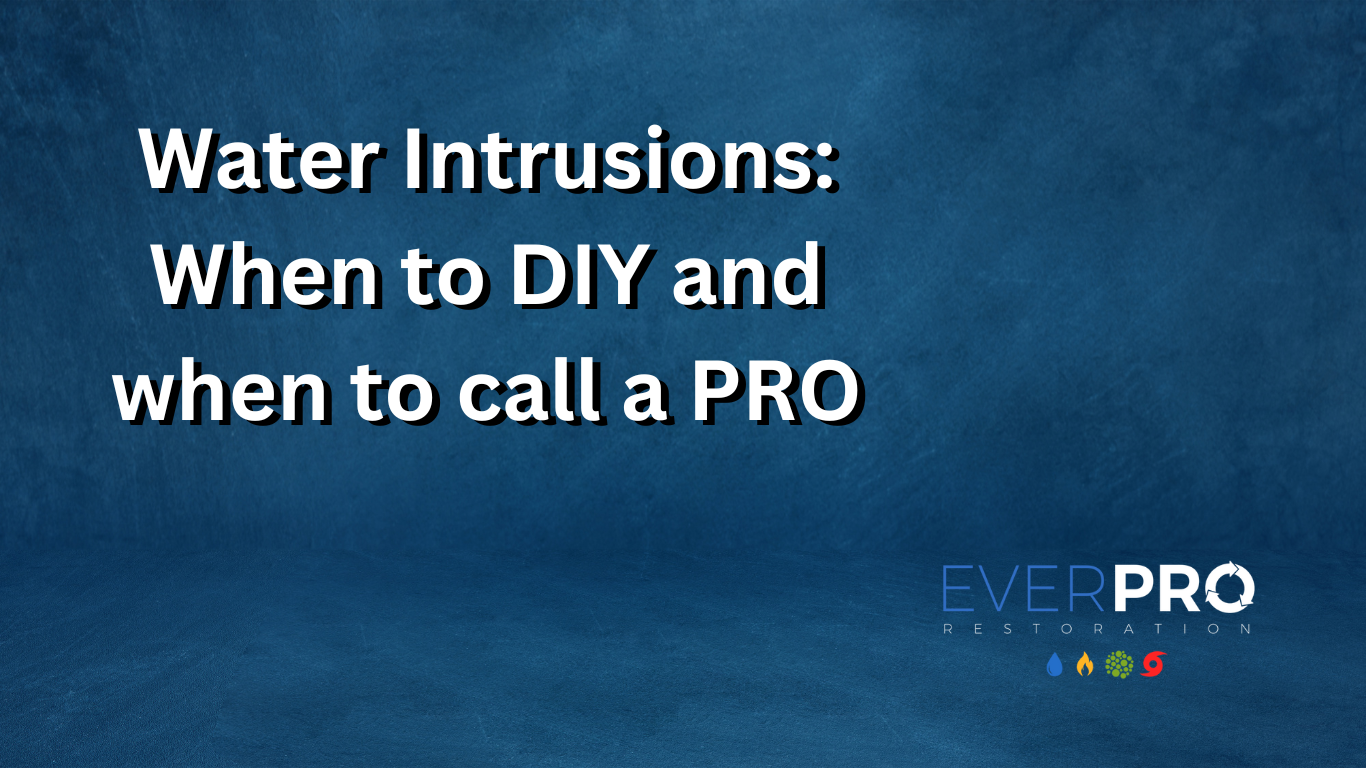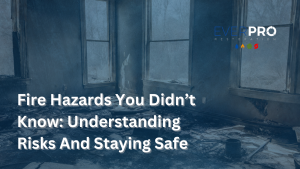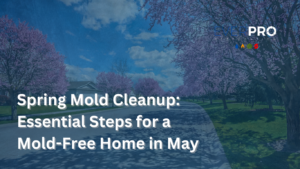Water intrusions are a common problem that many homeowners face at some point in their lives. Whether it’s a flooded basement, a roof leak or a pipe leak, dealing with water intrusion can be a daunting task. The question that often arises is whether to tackle the issue yourself or seek professional help.
Assessing the Severity of the Issue
The first step in deciding whether to DIY or call a professional is to assess the severity of the water intrusion problem. Not all water intrusion issues have the same cause, and understanding the extent of the problem is crucial.
Minor Leaks: Easily handle minor issues like a dripping faucet or small visible pipe leak with DIY plumbing skills. These are usually manageable and pose minimal risks.
Moderate Leaks: Larger leaks from a damaged roof, malfunctioning water heater, or broken pipe present a greater challenge for DIY. Consider the severity and potential damage carefully.
Major Flooding: For significant flooding calling a professional is crucial. DIY attempts can be dangerous due to the risk of structural damage, electrical hazards, and contaminated water. Immediate professional assistance is recommended.
Safety Concerns
Safety should always be a top priority when dealing with a water intrusion. Here are some safety considerations to keep in mind:
Electrical Hazards: Water and electricity don’t mix. If water intrusion involves outlets, wiring, or appliances, turn off power before attempting DIY. For complex electrical issues, call a professional electrician promptly.
Mold Contamination: Excess moisture from water intrusion can lead to harmful mold growth. Call a professional mold remediation specialist for assessment and proper handling.
Structural Integrity: A water intrusion affecting your home’s structure requires professional assessment and repairs. DIY attempts without proper knowledge and tools are risky and not recommended.
Personal Health and Experience: Prioritize health and experience. If you have pre-existing conditions affected by water, mold, or chemicals and lack the skills, calling a professional is safer and recommended.
Your Skill Level Matters
Your skill level and experience in DIY home improvement projects play a crucial role in determining whether you should tackle water intrusion issues on your own. Ask yourself:
Basic Skills: If you have basic plumbing skills or are skilled in general home repairs, handling minor water intrusions is within your capabilities.
Intermediate Skills: Moderate water intrusion issues often require intermediate DIY skills. Comfort with tools, some construction knowledge, and the ability to follow instructions are essential for addressing these problems.
Advanced Skills: Major flooding, structural damage, or extensive mold issues demand advanced skills and experience. Recognize your limitations and call in experts equipped to handle complex situations for effective resolution.
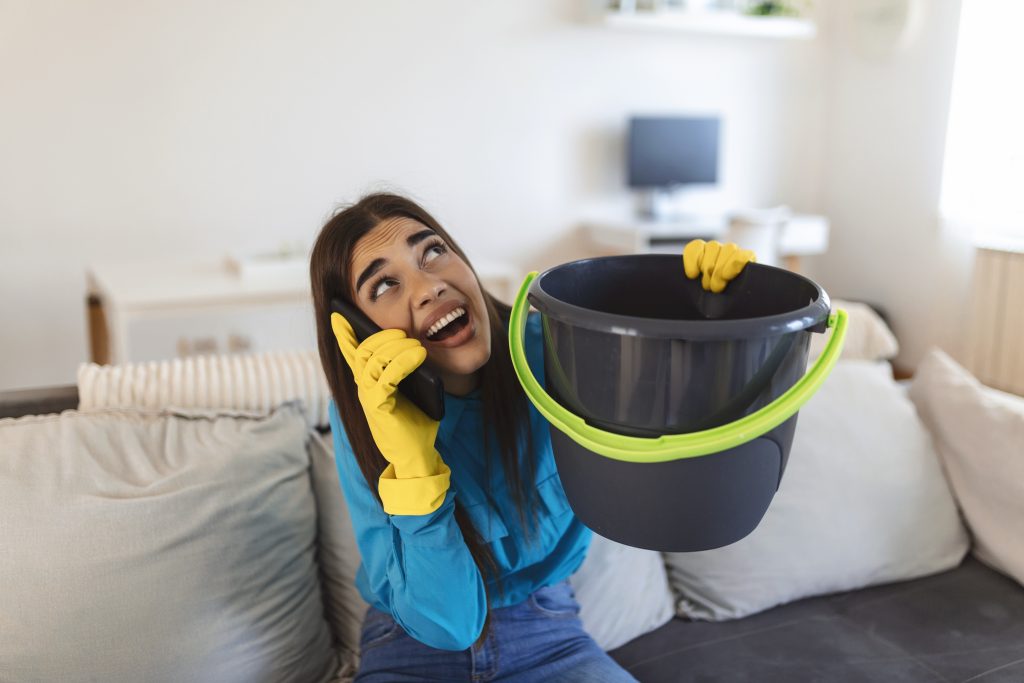
When To DIY
Now that you’ve assessed the severity of the issue, considered safety concerns, and evaluated your skill level, let’s explore scenarios where DIY is appropriate:
- Minor Plumbing Issues: You can tackle minor leaks from faucets, pipes, or fixtures.
- Gutter Maintenance: Keeping your gutters clear of debris to prevent water from overflowing and causing damage can be accomplished by most people.
- Surface Mold Removal: Small patches of mold on non-porous surfaces can be removed with the use of mold-removal products.
- Unclogging Drains: Minor drain clogs can often be cleared using a plunger
When to Seek Professional Help?
In many situations, calling a professional is the wisest course of action. Here are instances where professional help is recommended:
- Roof Leaks: Fixing a roof leak requires the expertise of a professional contractor.
- Major Plumbing Repairs: Burst pipes, extensive leaks, and plumbing problems that involve cutting into walls or floors often require the skills of a licensed professional.
- Electrical Issues: If a water intrusion affects your electrical system or outlets, contact a professional electrician as electrical work is dangerous.
- Mold Remediation: Extensive mold infestations, especially those in hidden or hard-to-reach areas, should be handled by certified mold remediation specialists.
- Structural Damage: Any water intrusion that results in significant structural damage should be addressed by professionals.
- Flooded Basements: Major basement flooding can pose severe risks to your home and personal safety. It’s advisable to call water damage restoration professionals who can address the issue comprehensively.
Facing water intrusion? Decide wisely between DIY and professional help by assessing severity, prioritizing safety, and evaluating your skills. When issues exceed your expertise, trust Everpro Restoration’s 24/7 experts in water mitigation, mold remediation, and roof tarp installations. Your peace of mind is our priority – reach out for prompt and effective solutions to ensure the safety and comfort of your home. We’re just a call away in your time of need. Call us today!
Note: Only attempt to DIY if you are experienced as you may worsen the situation if you’re not.
